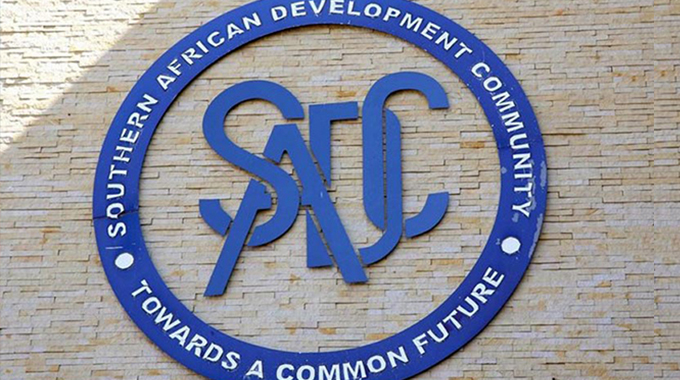Sadc activates regional pharmaceutical, medical value chains

Business Editor
SADC has moved in to scale up private sector participation in the regional pharmaceutical and medical value chains through enhancement of the Support to Industrialisation and the Productive Sectors (SIPS) joint action.
Supported by the European Union (EU) and the German Federal Ministry for Economic Cooperation and Development (BMZ), the SIPS is a Sadc initiative to facilitate expansion of regional value chains and promoting dialogue between the private and public sectors.
It is implemented in all Sadc member states, targeting the private sector, and in particular but not limited to small and medium enterprises (SMEs), non-state actors or intermediary organisations and clusters involved in the selected value chains.
The focus on the private sector is in line with the strategic interventions of the Sadc Industrialisation Strategy and Roadmap (2015-2063), which calls for support towards capacitating the private sector to enhance entrepreneurial and managerial skills, thereby boosting productivity and competitiveness.
Already, SIPS is involved in supporting local companies to manufacture medical masks, disinfectants, face shields, ventilator parts and other Covid-19 relevant products.
“Sadc will implement enhanced policy, regulatory and the business environment on national and regional levels for development and sustainable operation of the regional value chains for selected products in the agro-processing and pharmaceutical sectors,” said the regional bloc in a recent media update.
“GIZ, a key implementer of SIPS, will enhance participation of the private sector in the ARV, Covid-19 relevant medical and pharmaceutical products (CMPP) and leather value chains.
“The anti-retroviral value chain offers both a public health and an economic opportunity for the Sadc region due to the significant disease burden of HIV and Aids,” it said.
Sadc has said that under the enhanced SIPS, the German development agency, GIZ, will oversee result area 2 and 3, which have been allocated €10 million from the EU and €2,83 million from BMZ. Result area 1, to be administered by Sadc, is funded to the tune of €8 million.
According to the update from the regional bloc, result area 1 deals with enhanced policy, regulatory and operational business environment on national and regional levels for the development and sustainable operation of regional value chains (for selected products) in the agro-processing and pharmaceutical sectors.
Result area 2 seeks to ensure that private sector participation in regional pharmaceutical and medical value chains is enhanced.
Result area 3 seeks to ensure that private sector participation in regional leather value chains is enhanced.
According to the United Nations Aids Organisation (UNAIDS), an estimated 15,6 million people are living with HIV in the Sadc region, and almost nine million are on antiretroviral therapy.
The outbreak of Covid-19 has ushered in a new challenge and with it an associated socio-economic negative impact to the region, said the bloc.
Under SIPS, the development of the regional pharmaceutical and medical value chains includes exploring the possibility to extend the value chains in the region beyond “packaging” and to explore the possibility of investing in research and development and eventually production in the Sadc region.
“This includes the possibility of exploring the potential of excipients and packaging materials,” said the bloc.









Comments